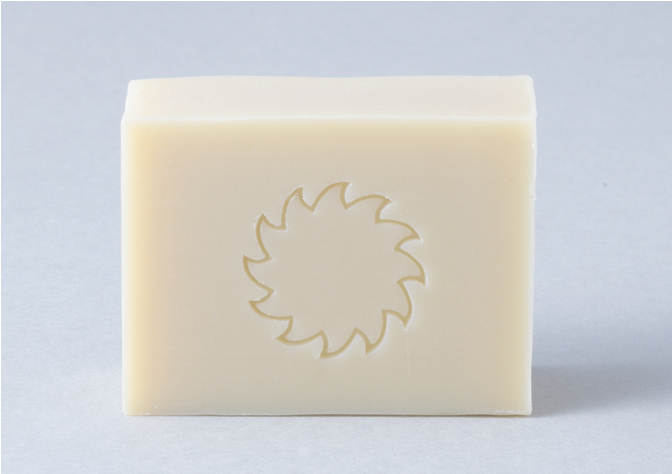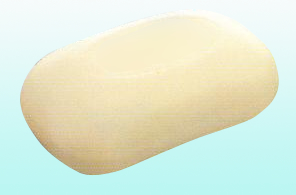
The completed soap is poured into a mold and left to cool and solidify for several hours. This process is called "framing" and the molded soap is cut into several bars.
On the other hand, "milling" solidifies and molds the soap into perfect shape within a short period of time. Therefore, milling allows soap manufacturers to produce soap in massive quantities. Because milled soaps are easy and quick to make, they are cheaper compared to additive- and preservative-free framed soaps.
| Milled soap vs. framed soap | ||
|---|---|---|
| Merit | Demerit | |
| Milled soap |
|
|
| Framed soap |
|
|

Milled soap, as its name goes, is a soap that is all manufactured by machine-assisted technology.
Milling allows the mass and low-cost production of soap because all the ingredients are refined, completed and then molded by a machine all at once. Because milled soaps are inexpensive, produce more lather and have high cleansing powers, they are mainly used as common facial soaps.



